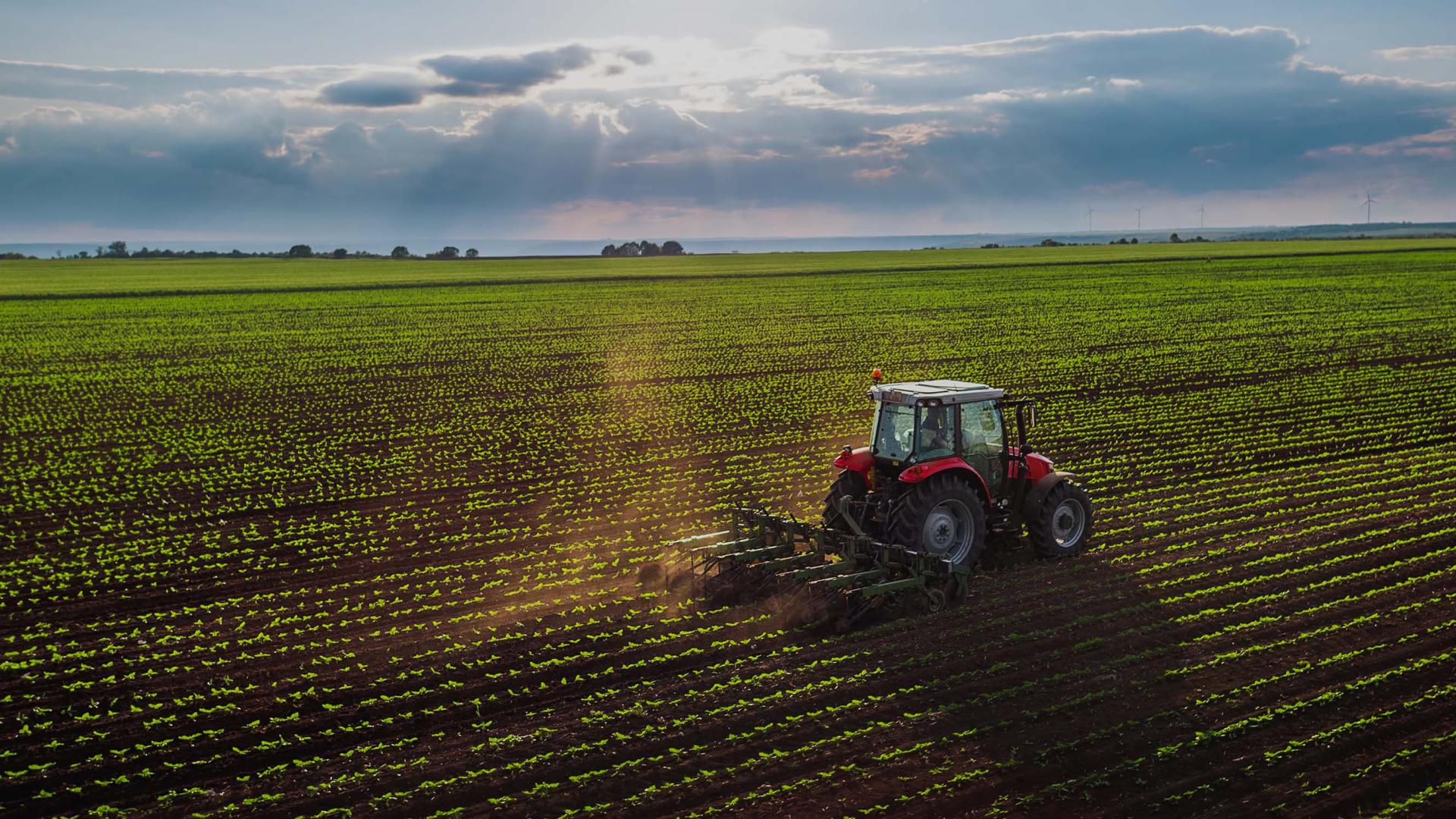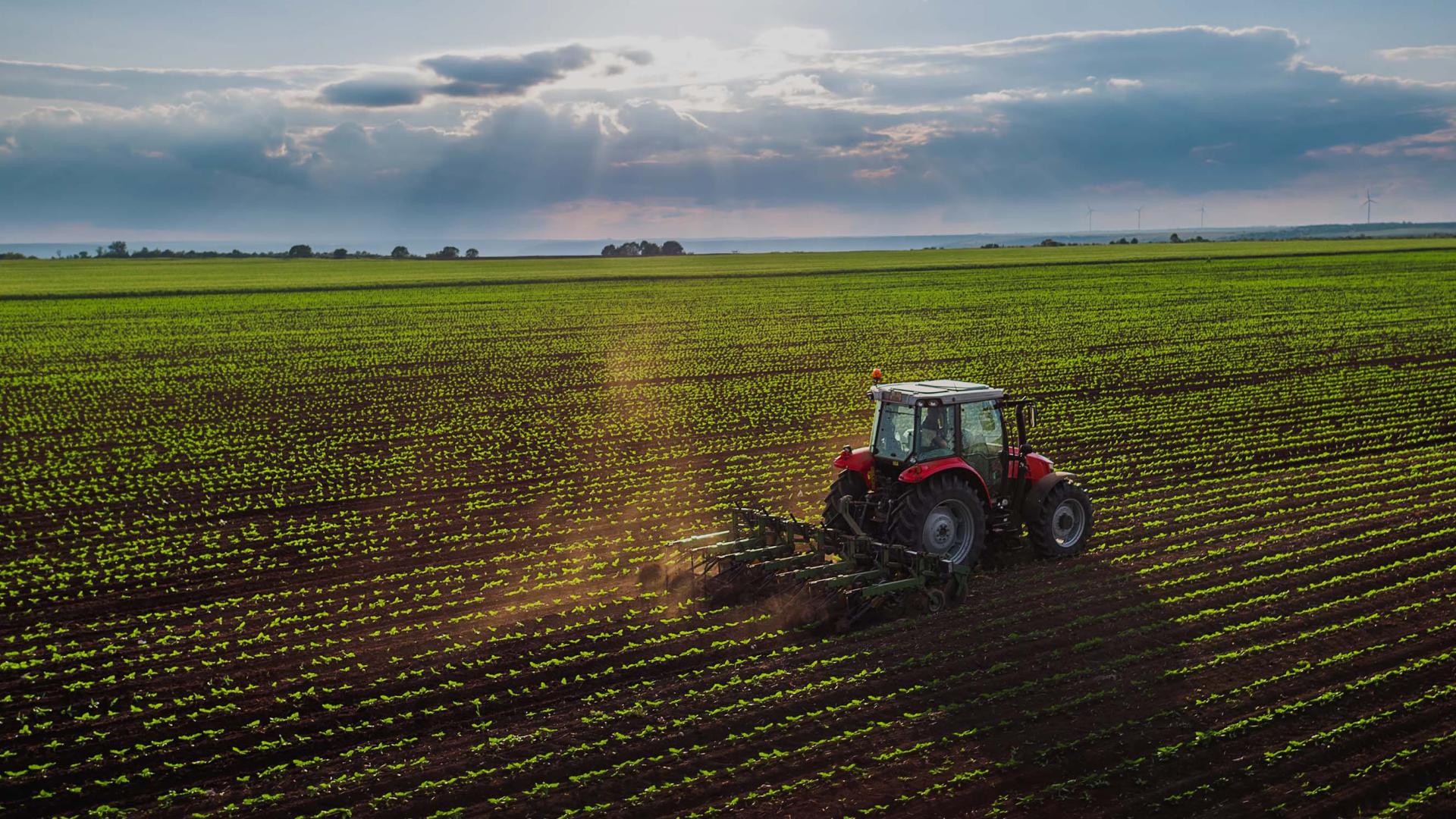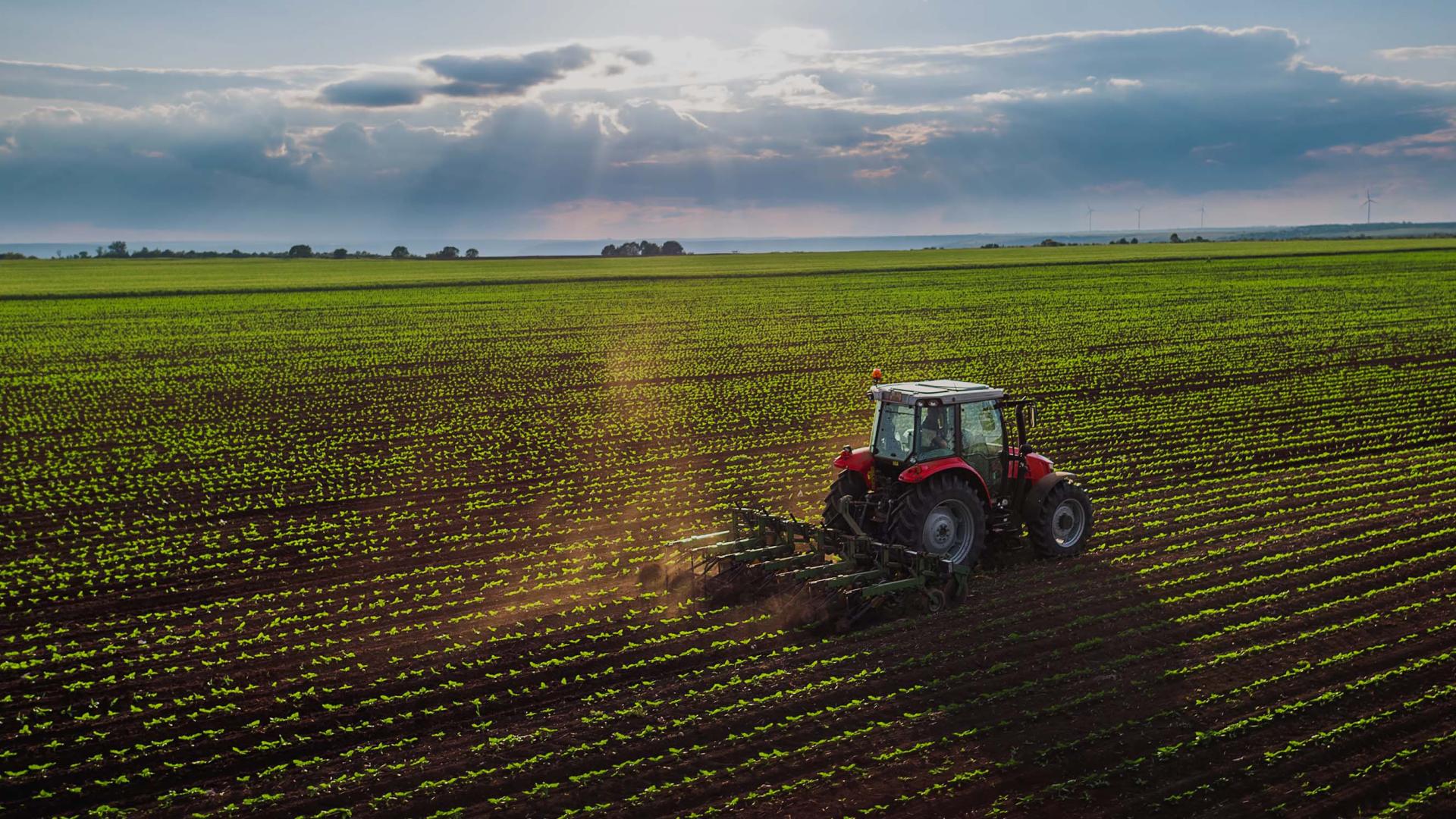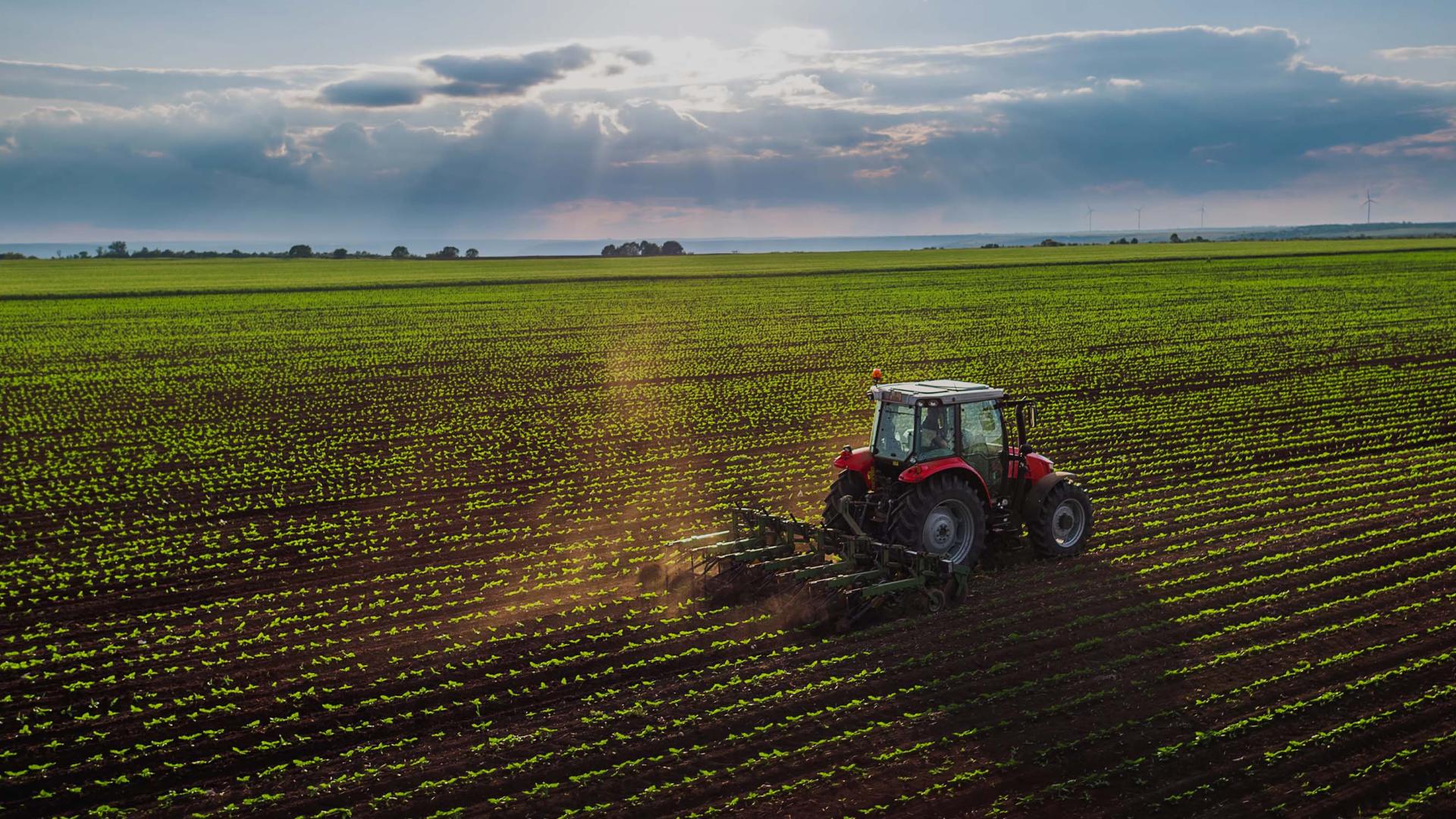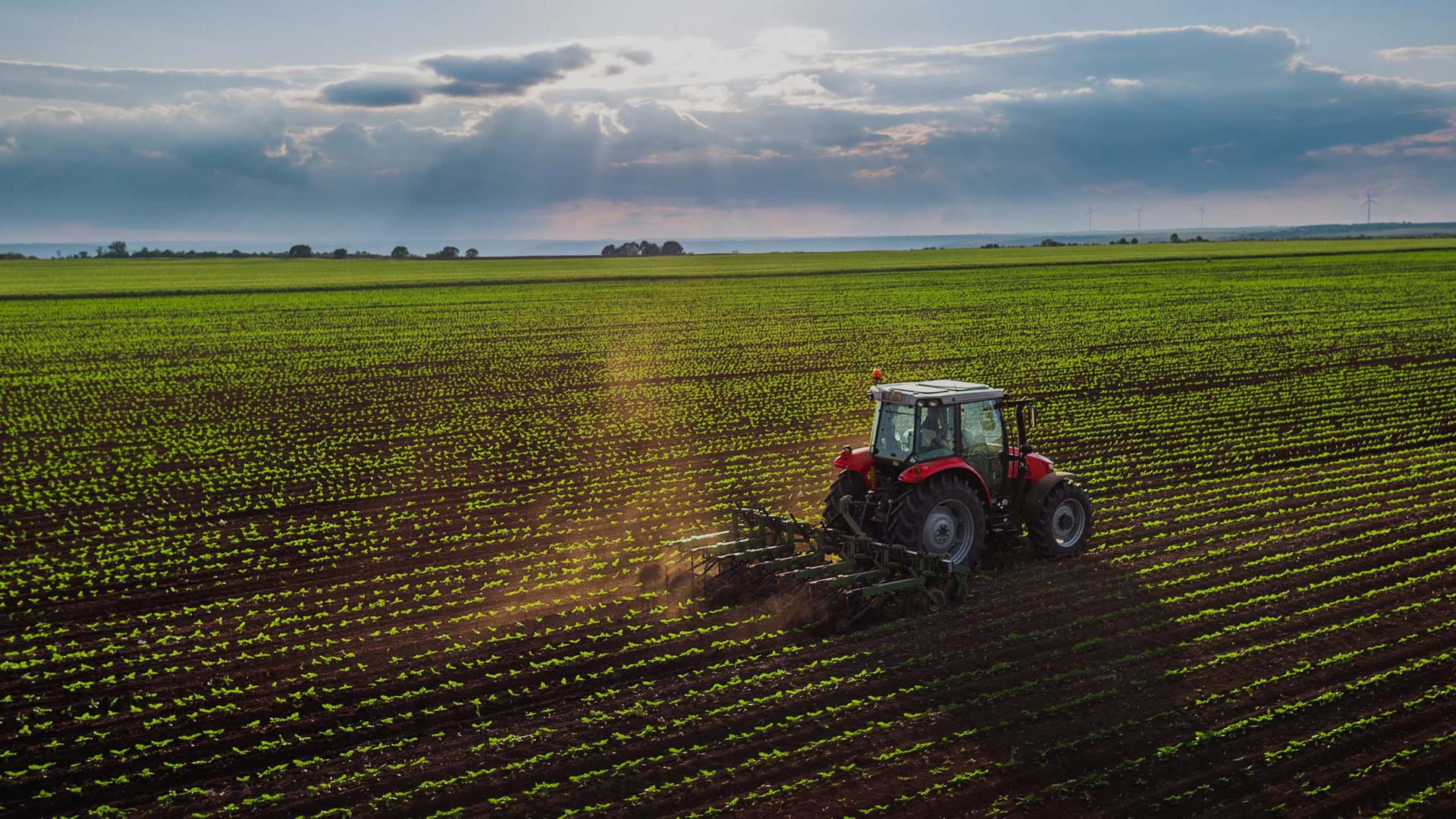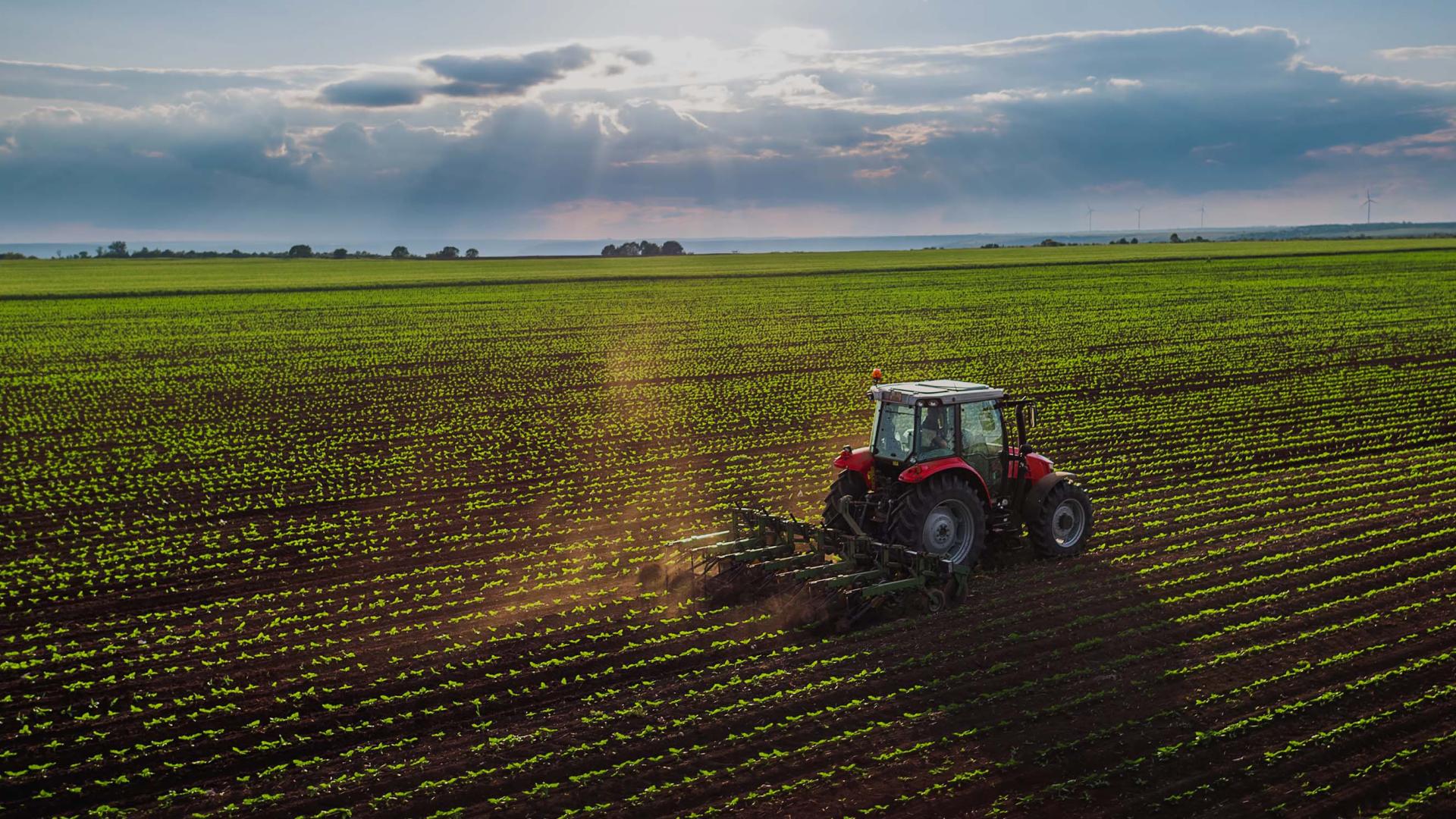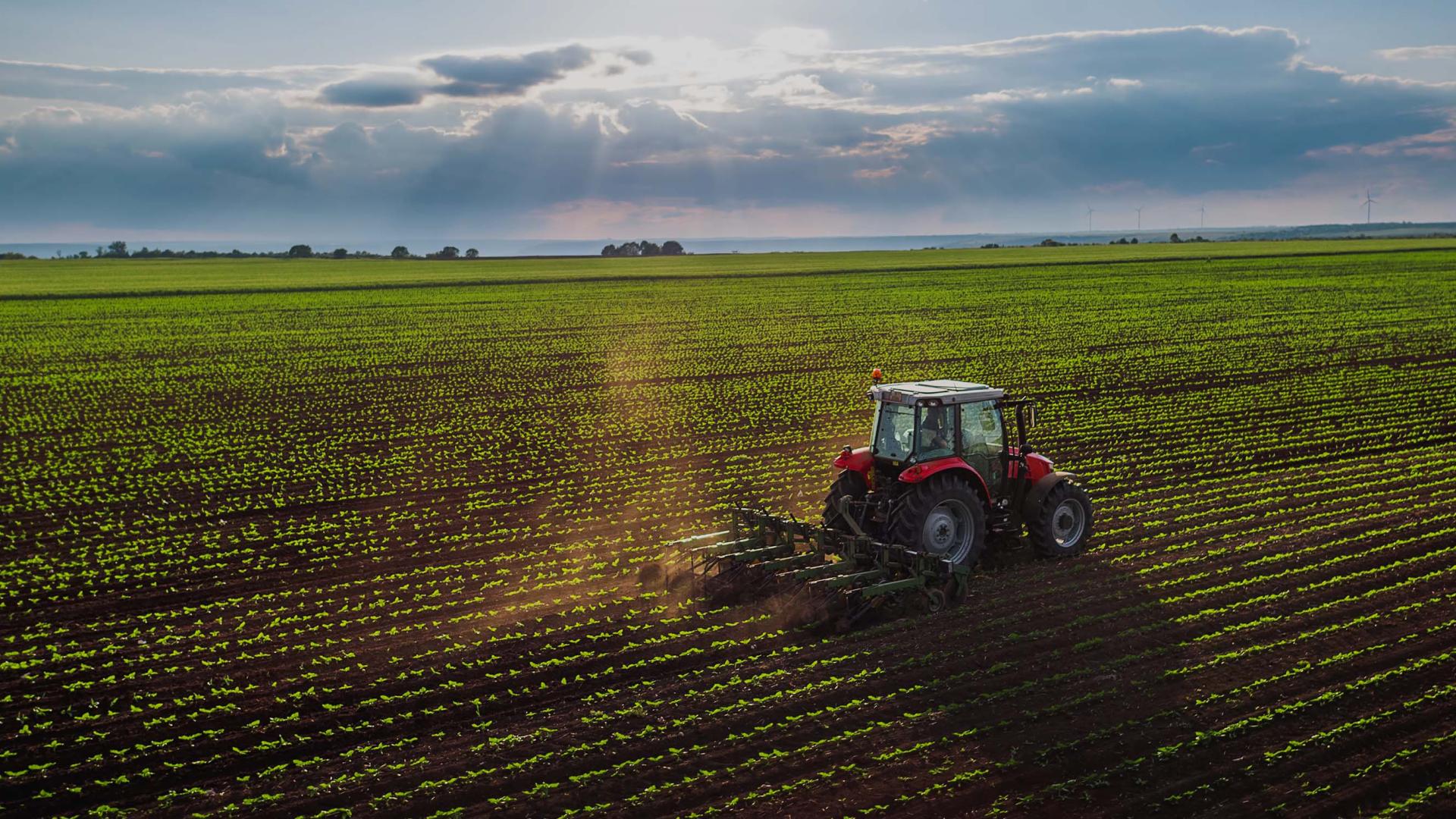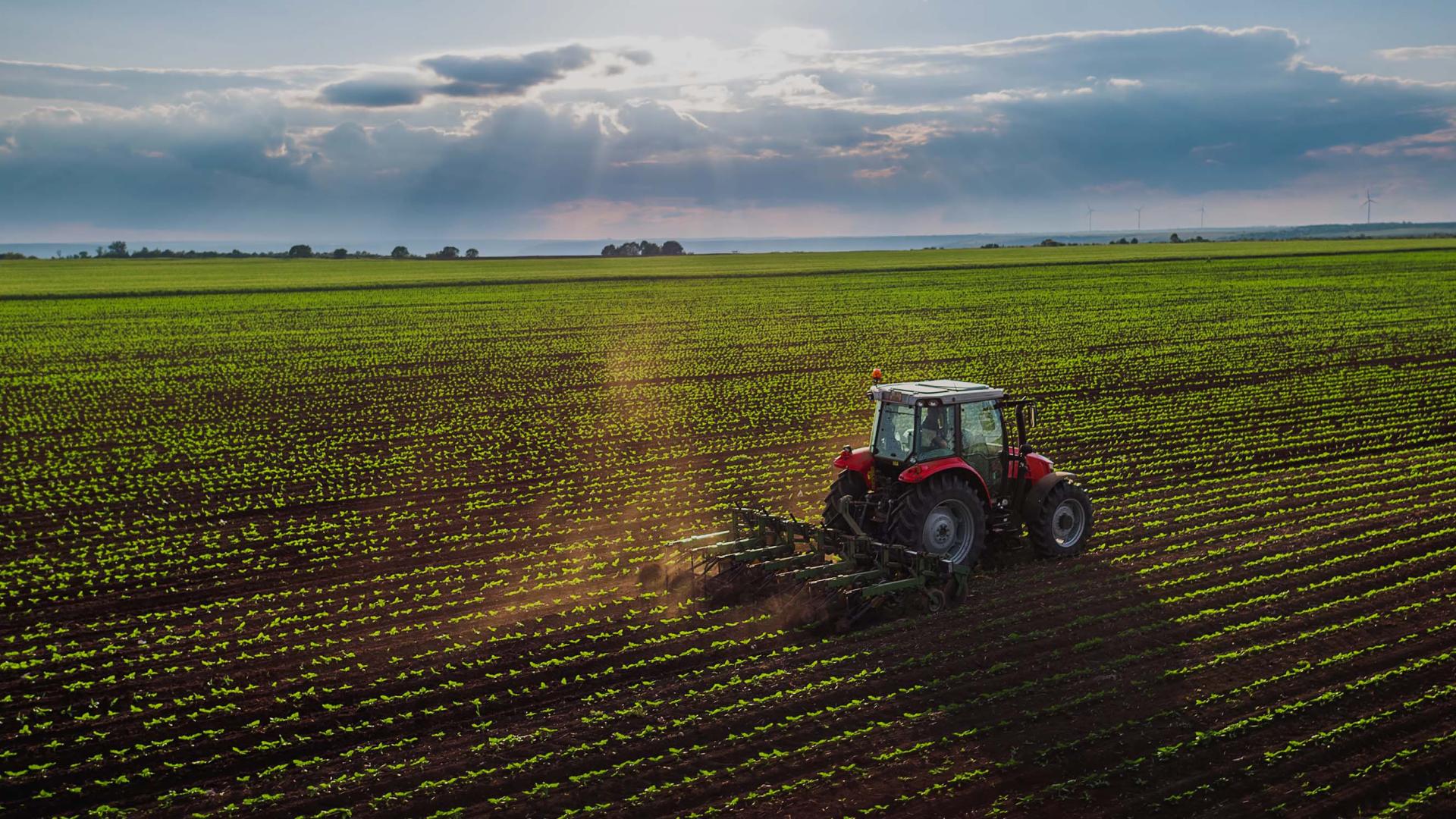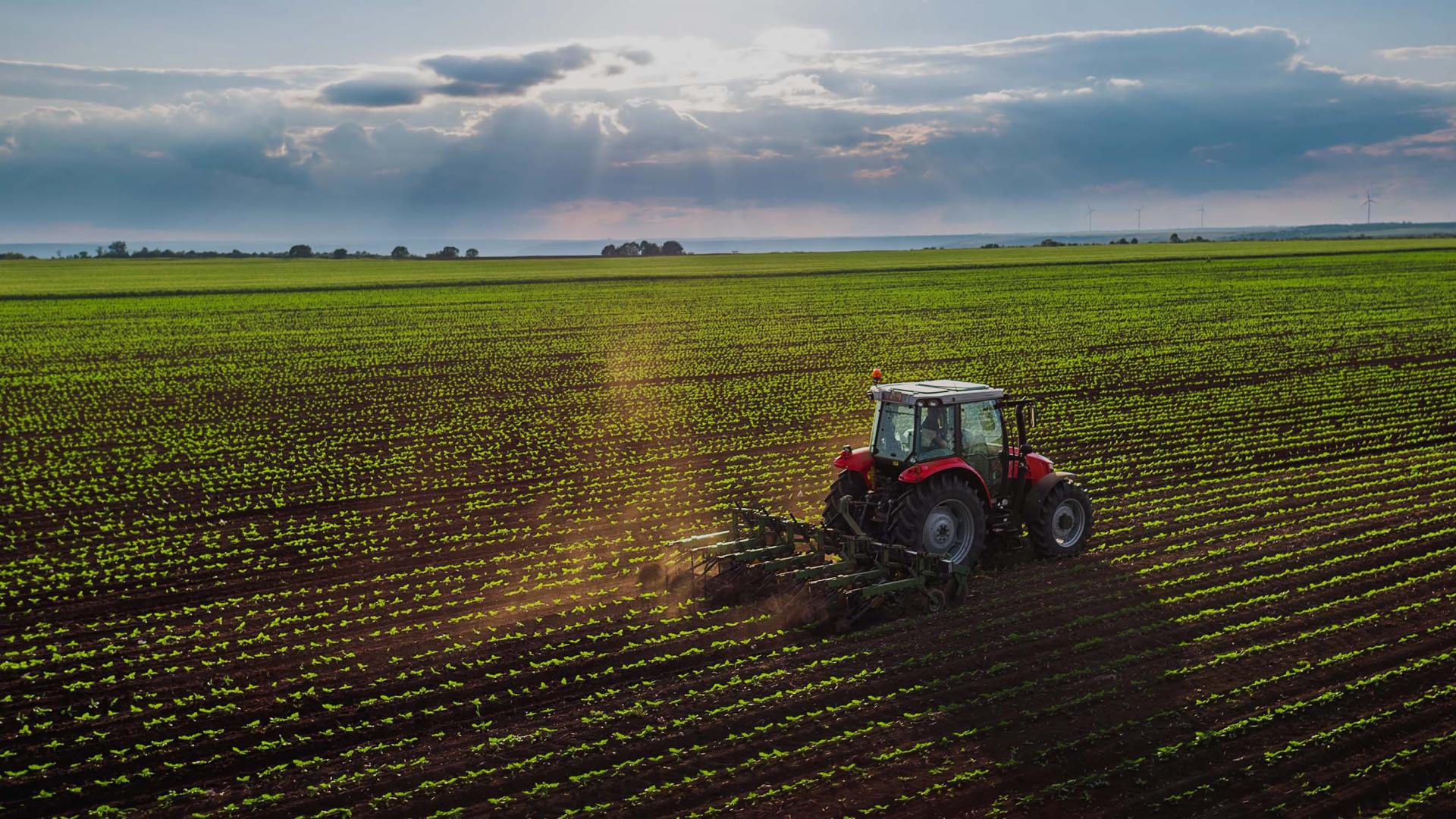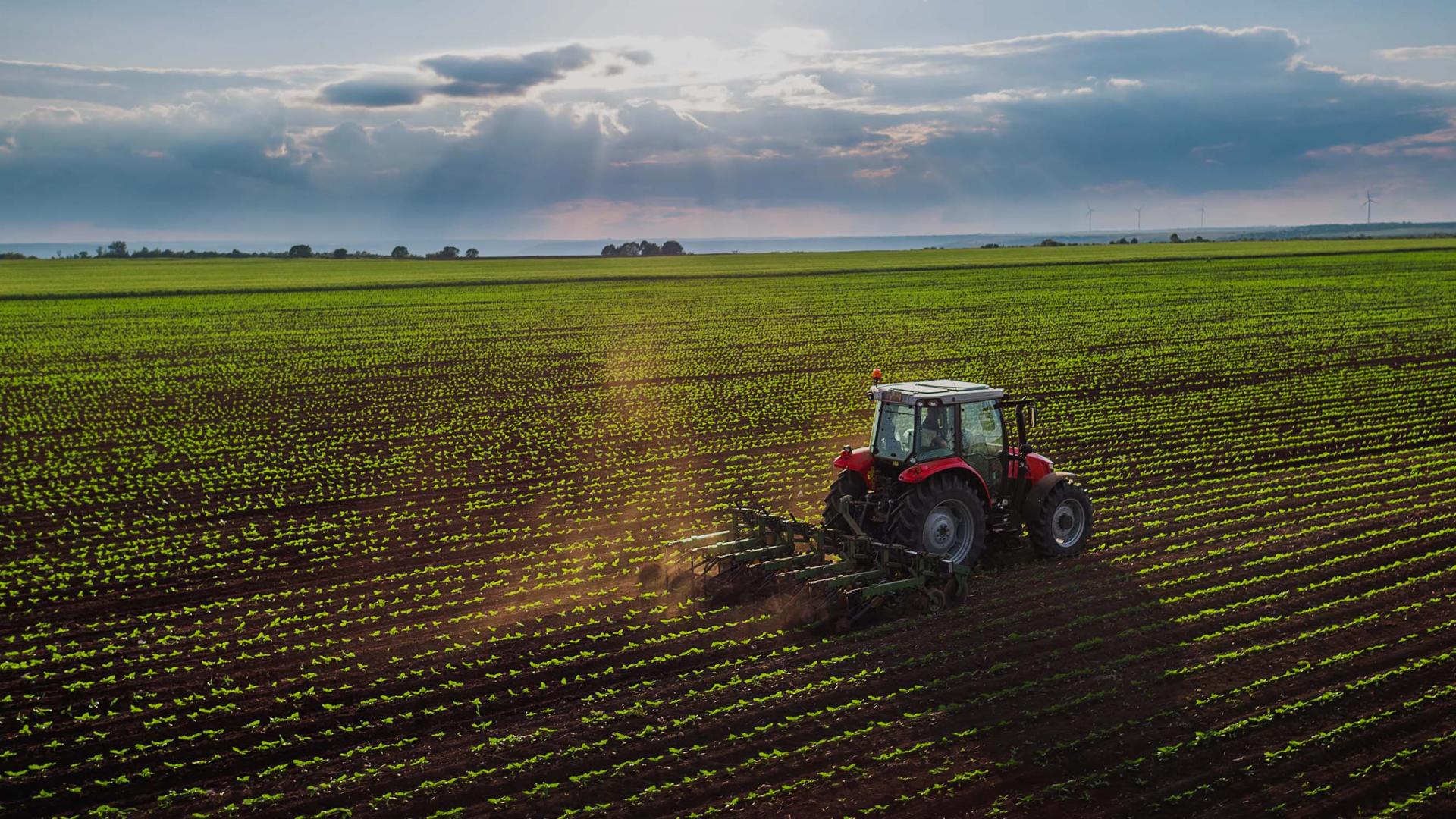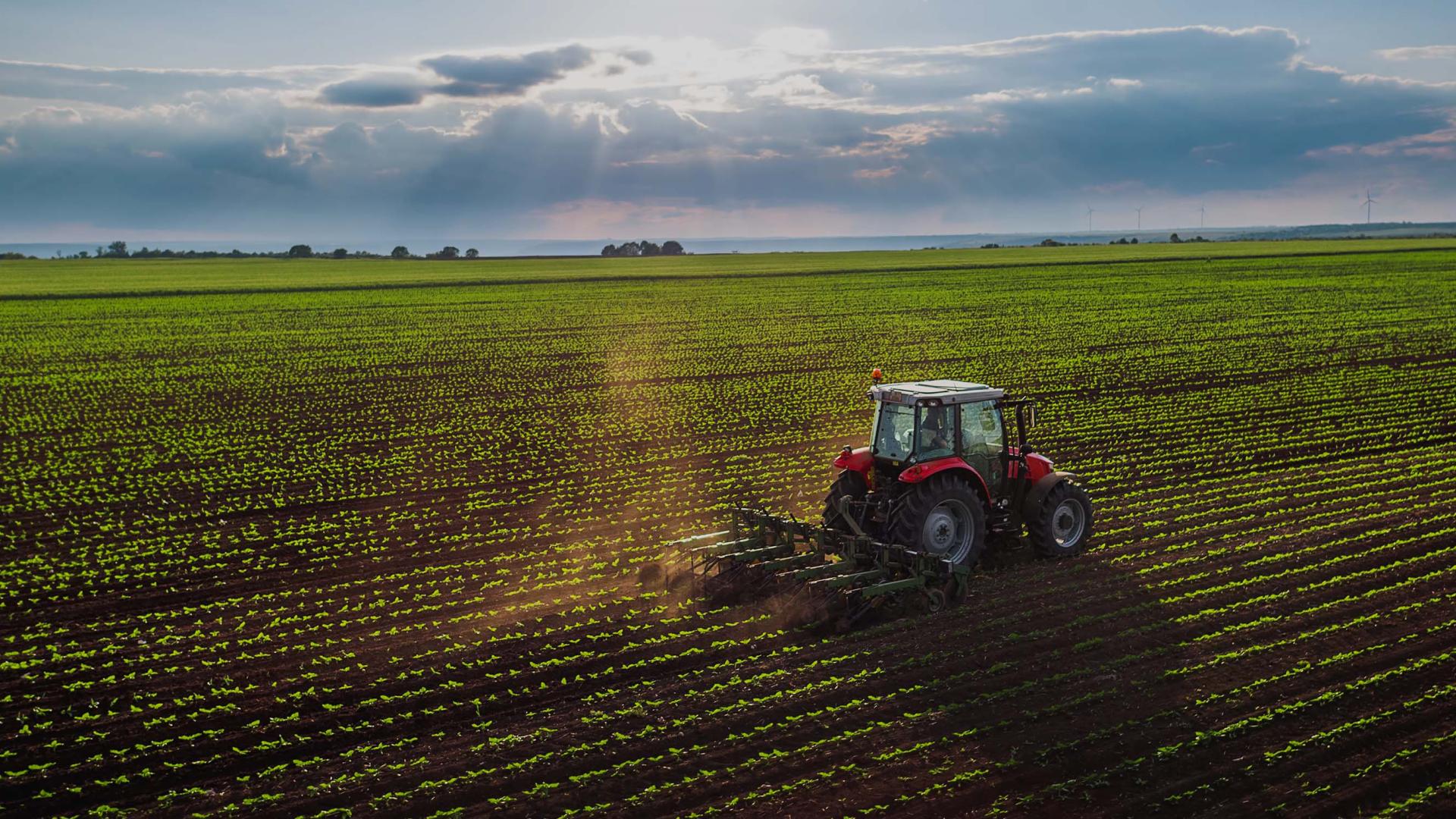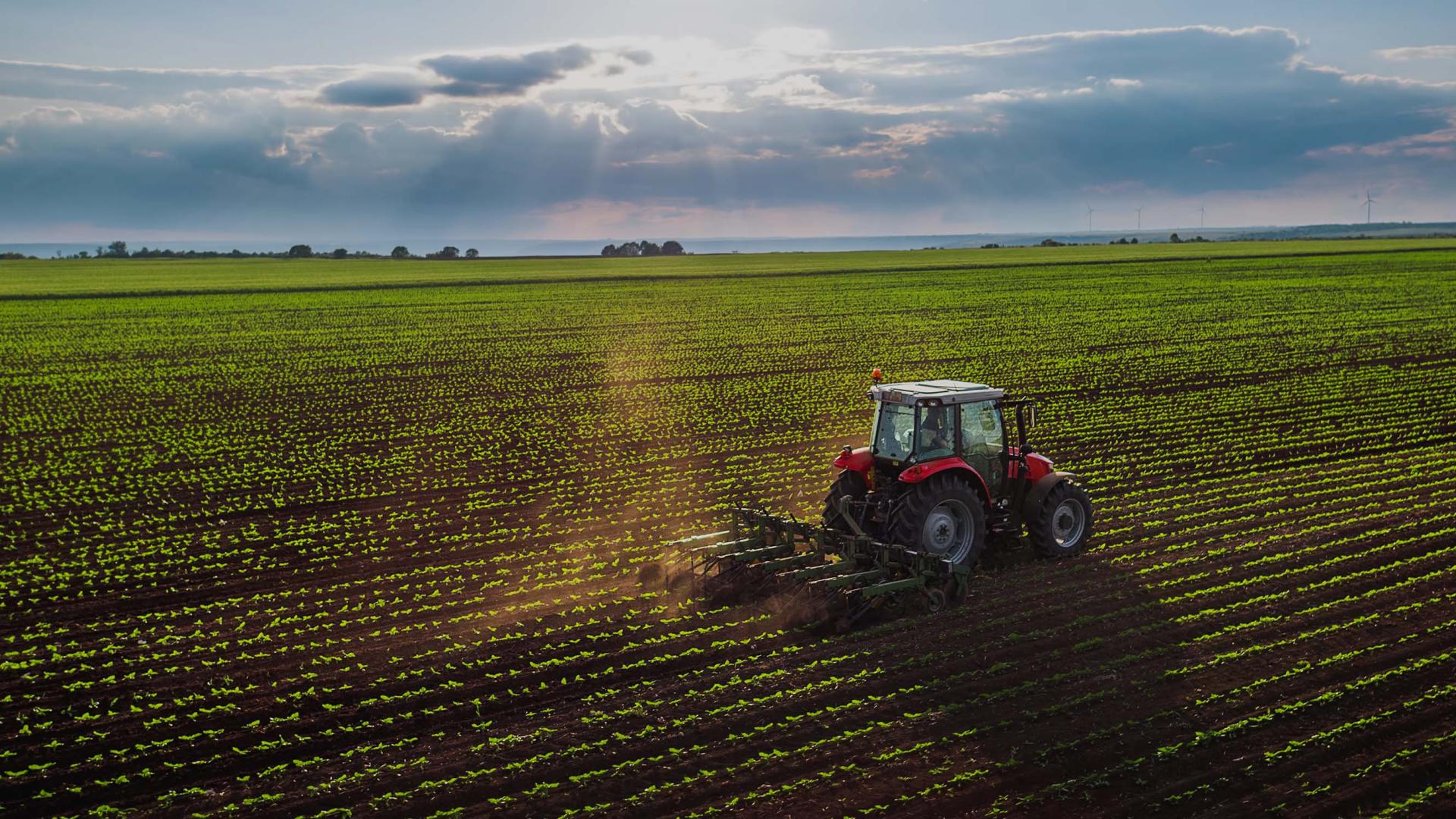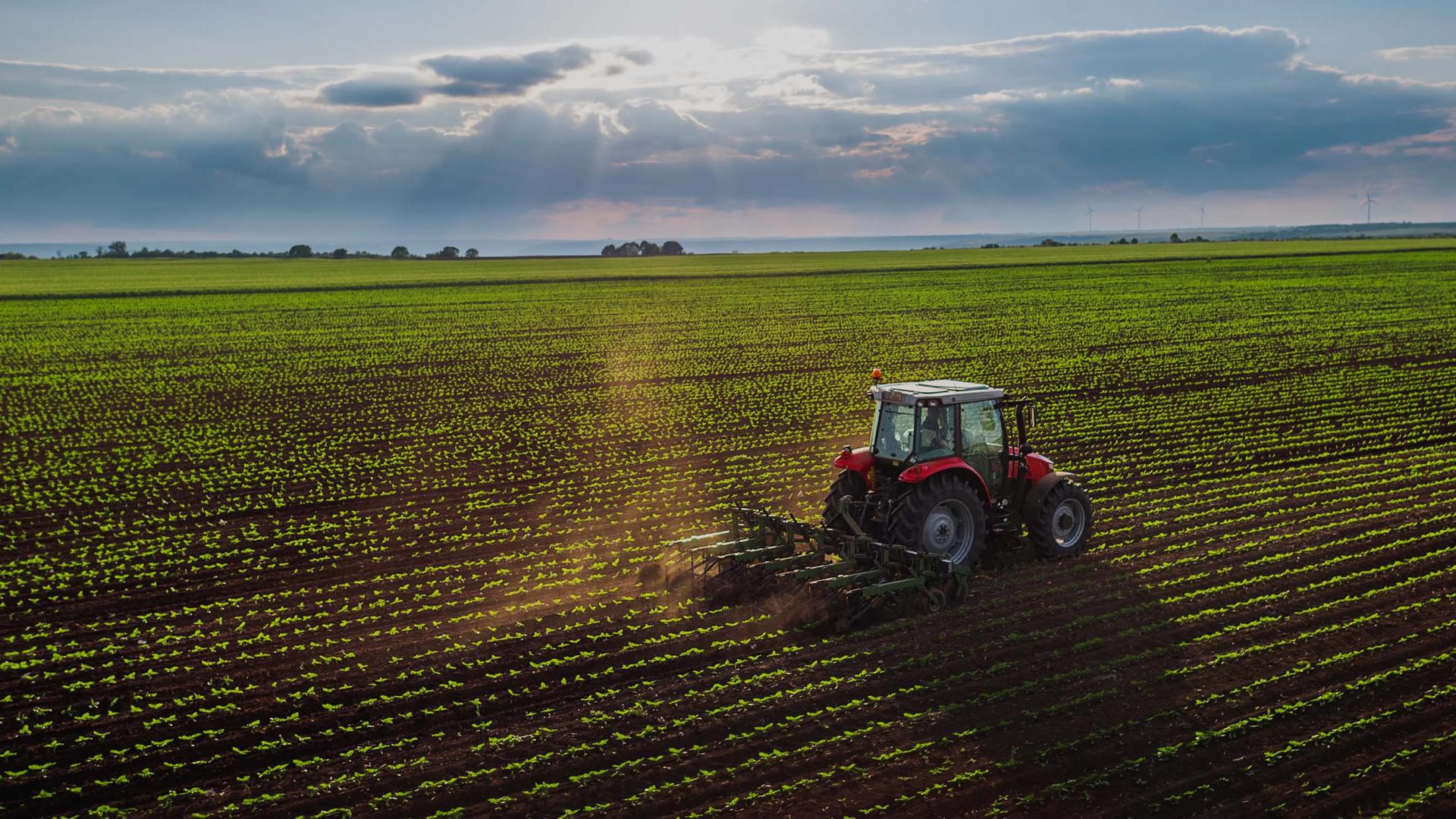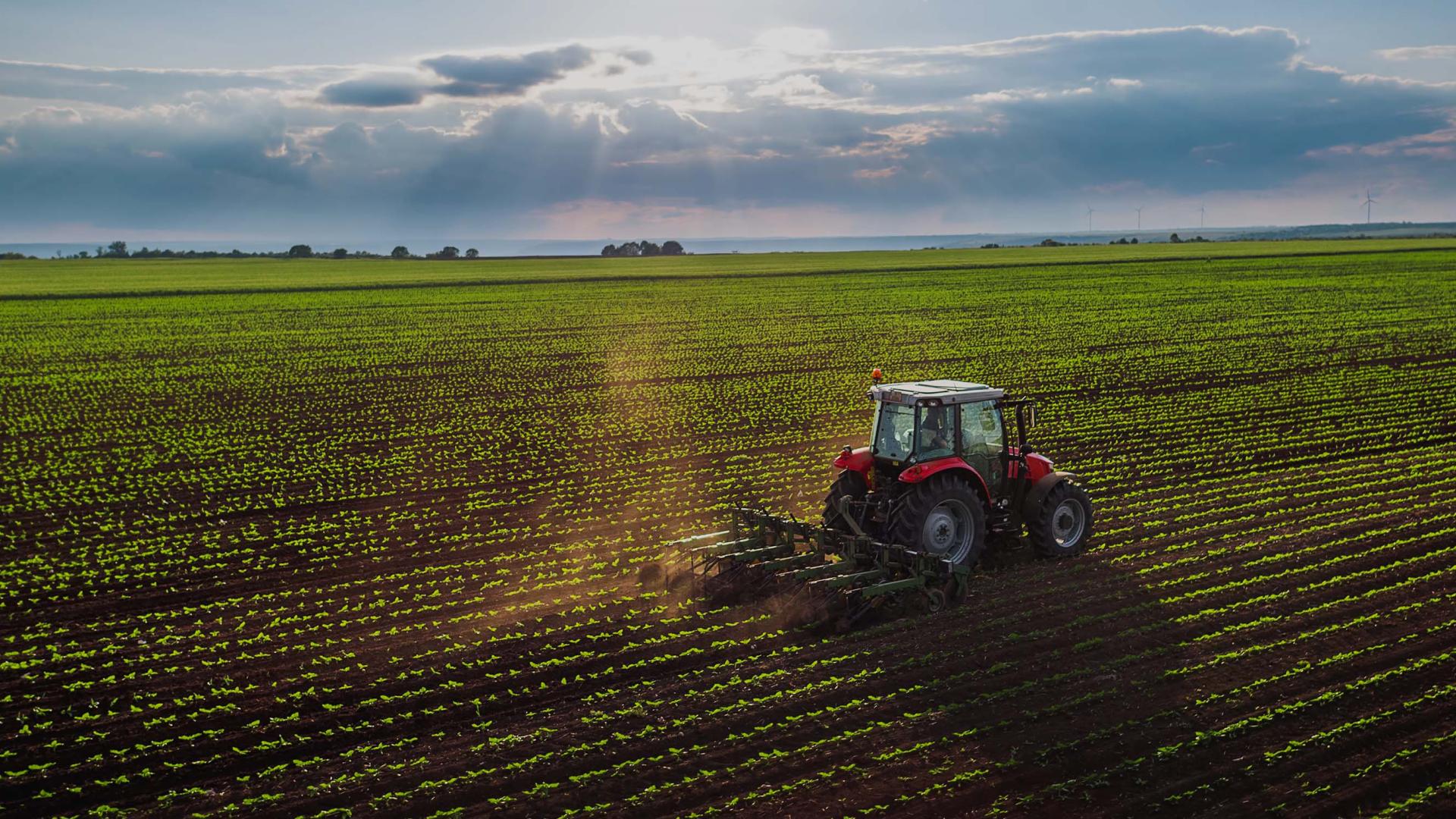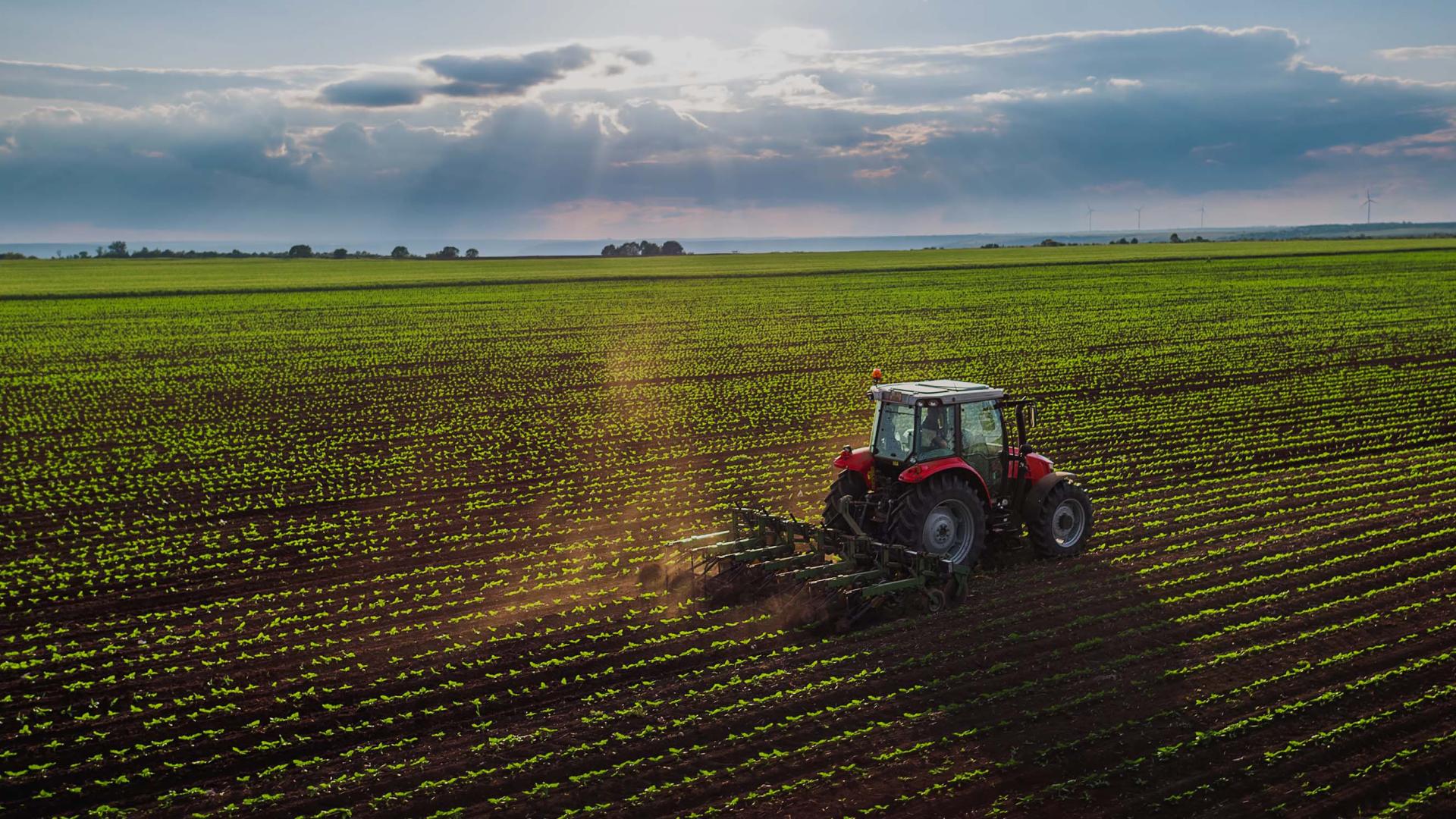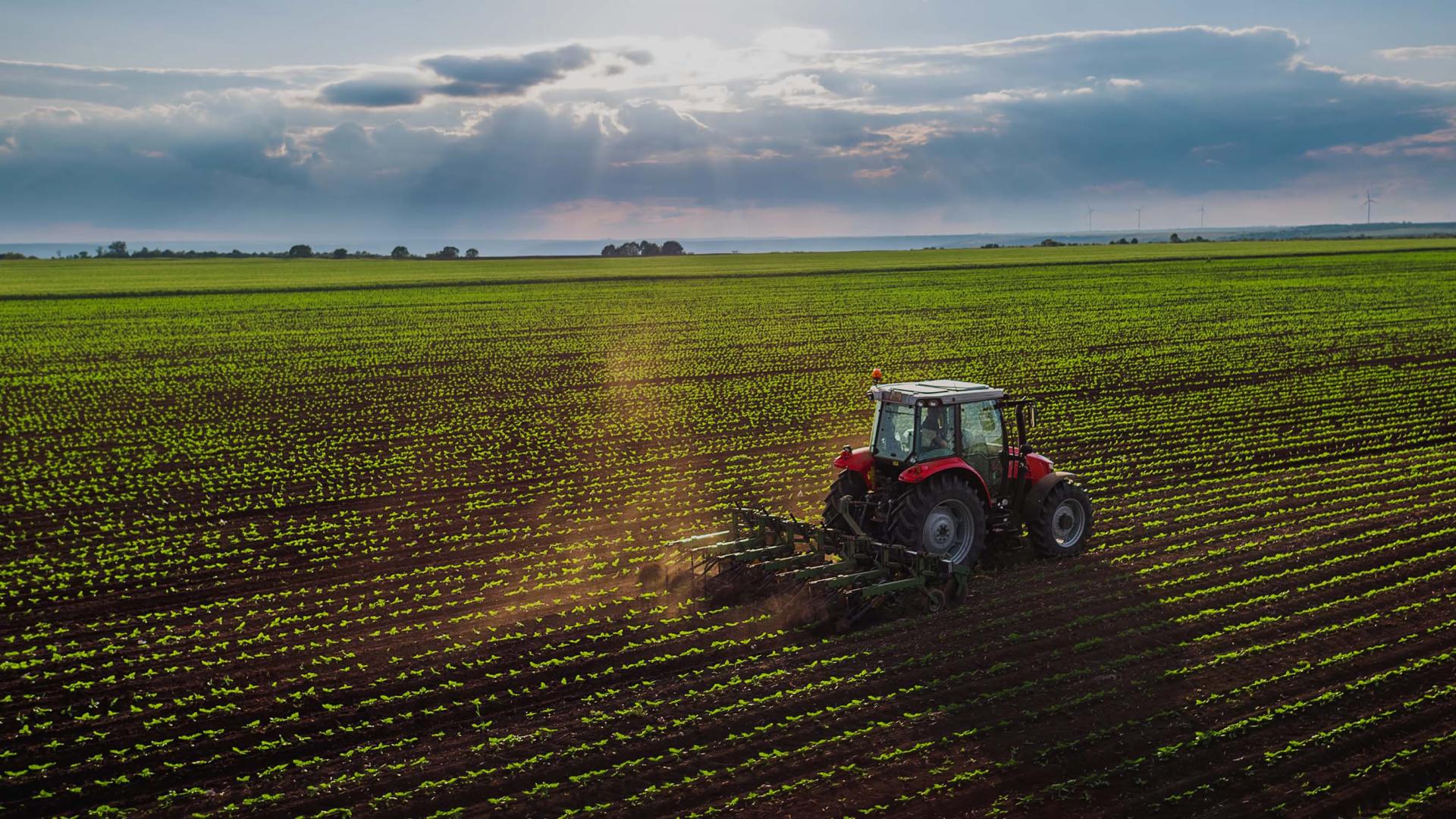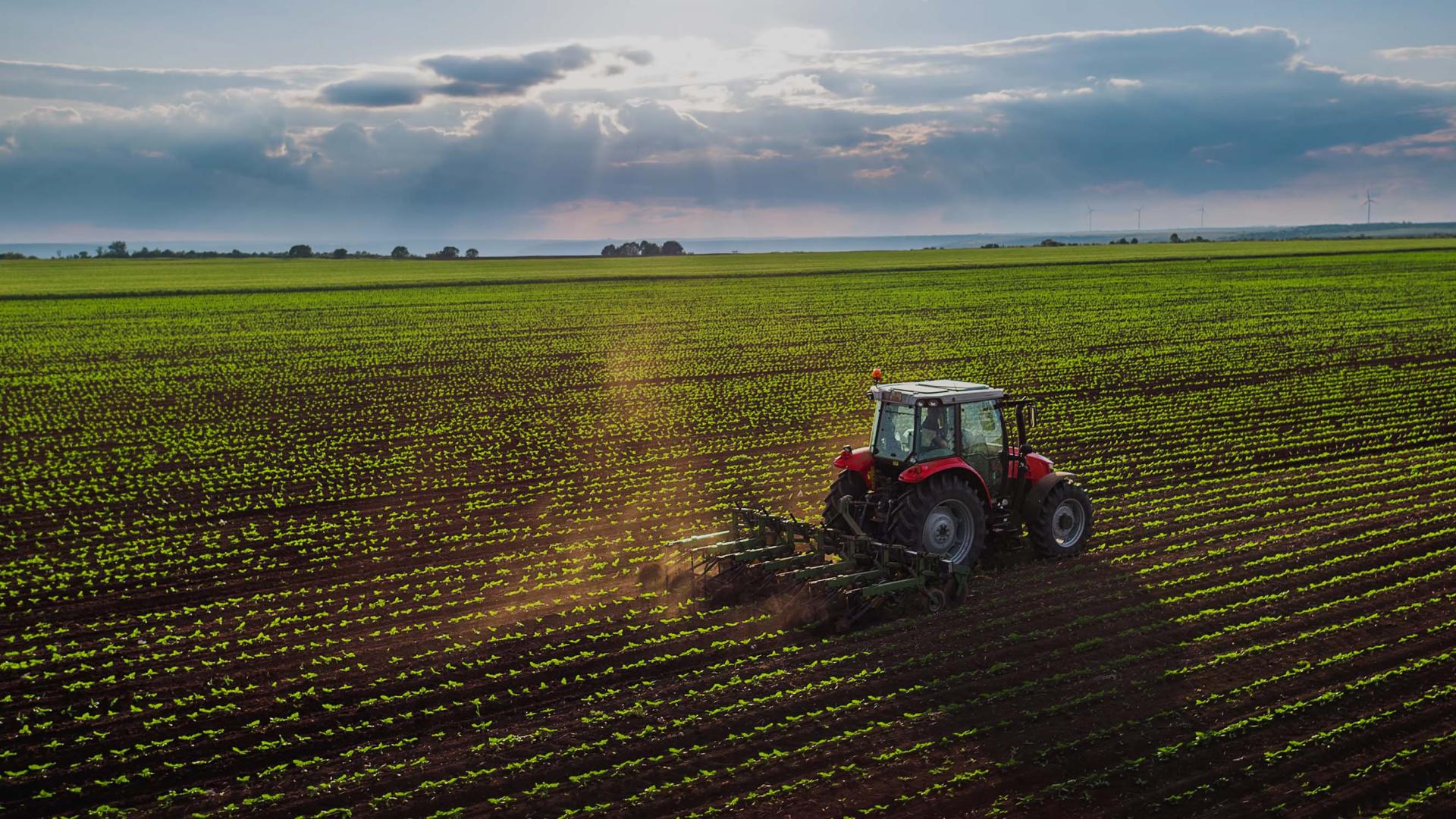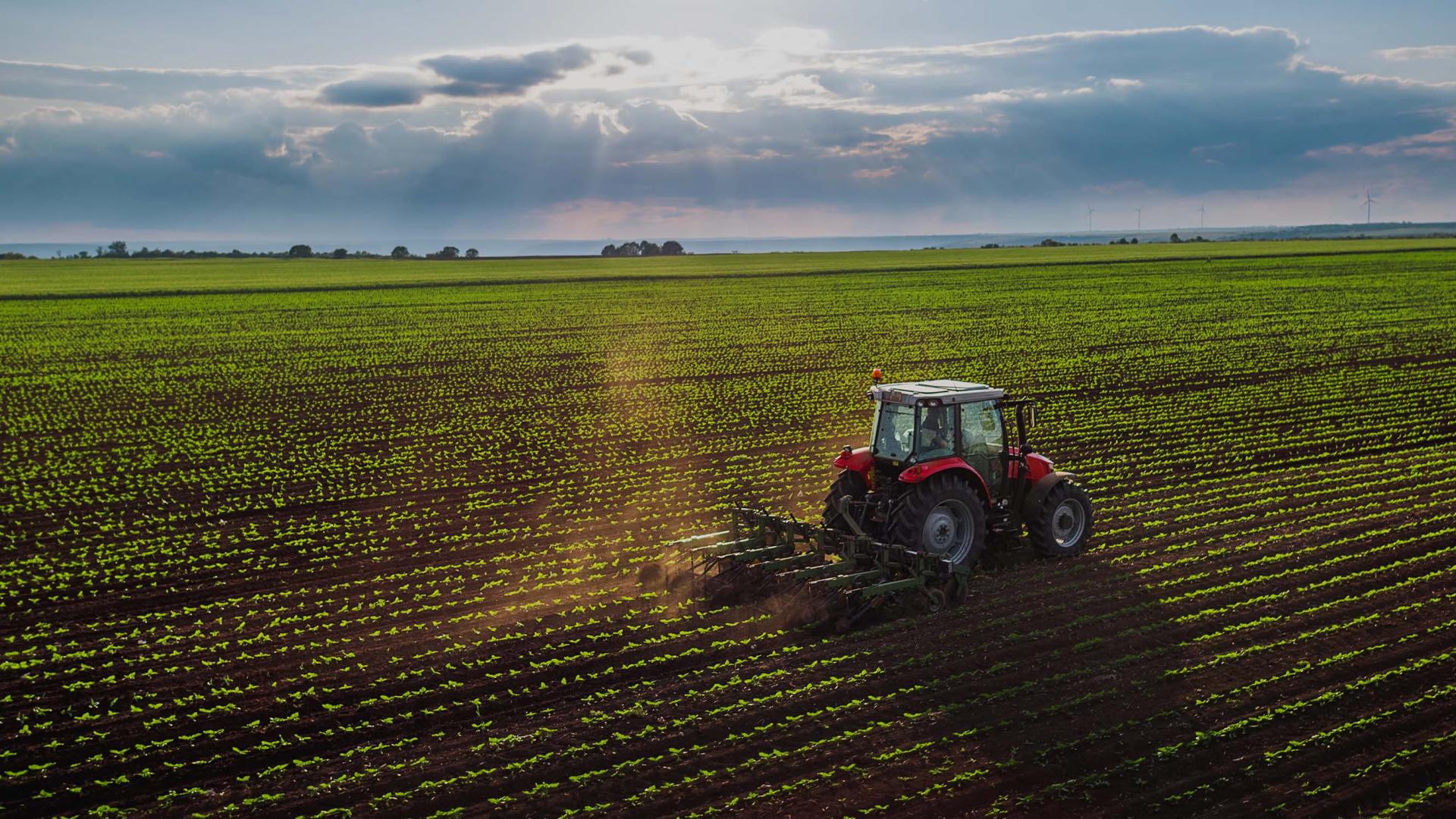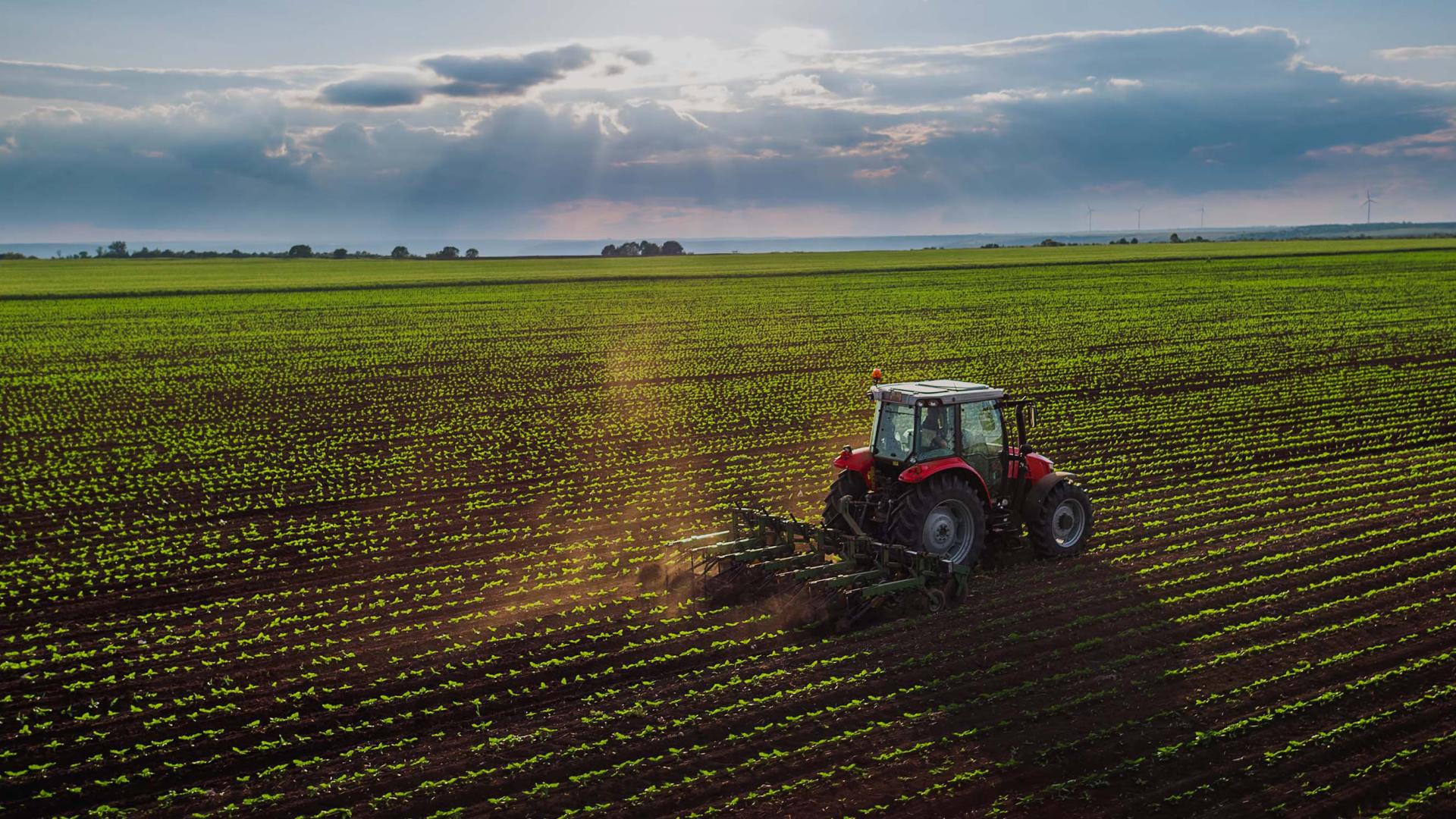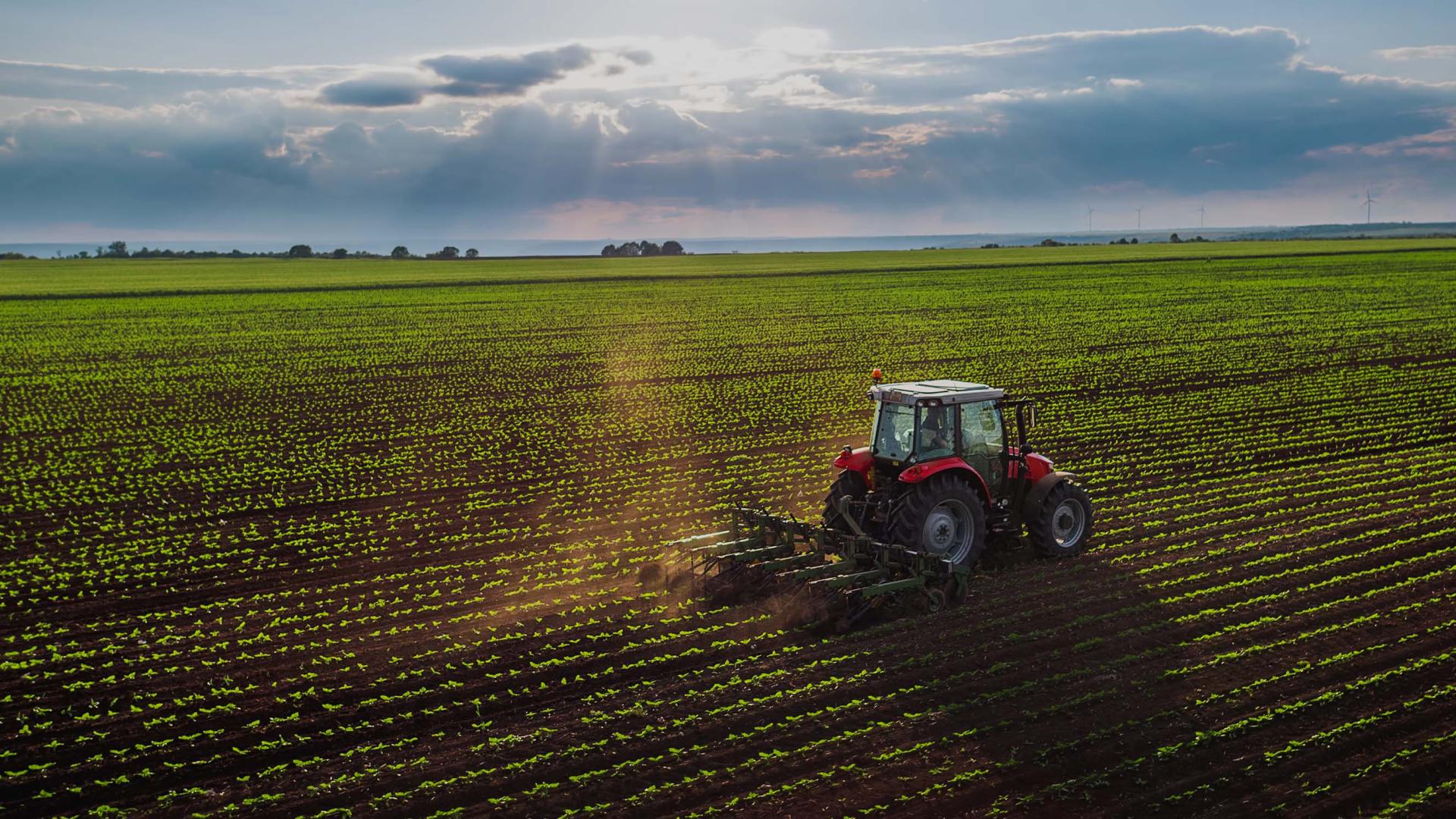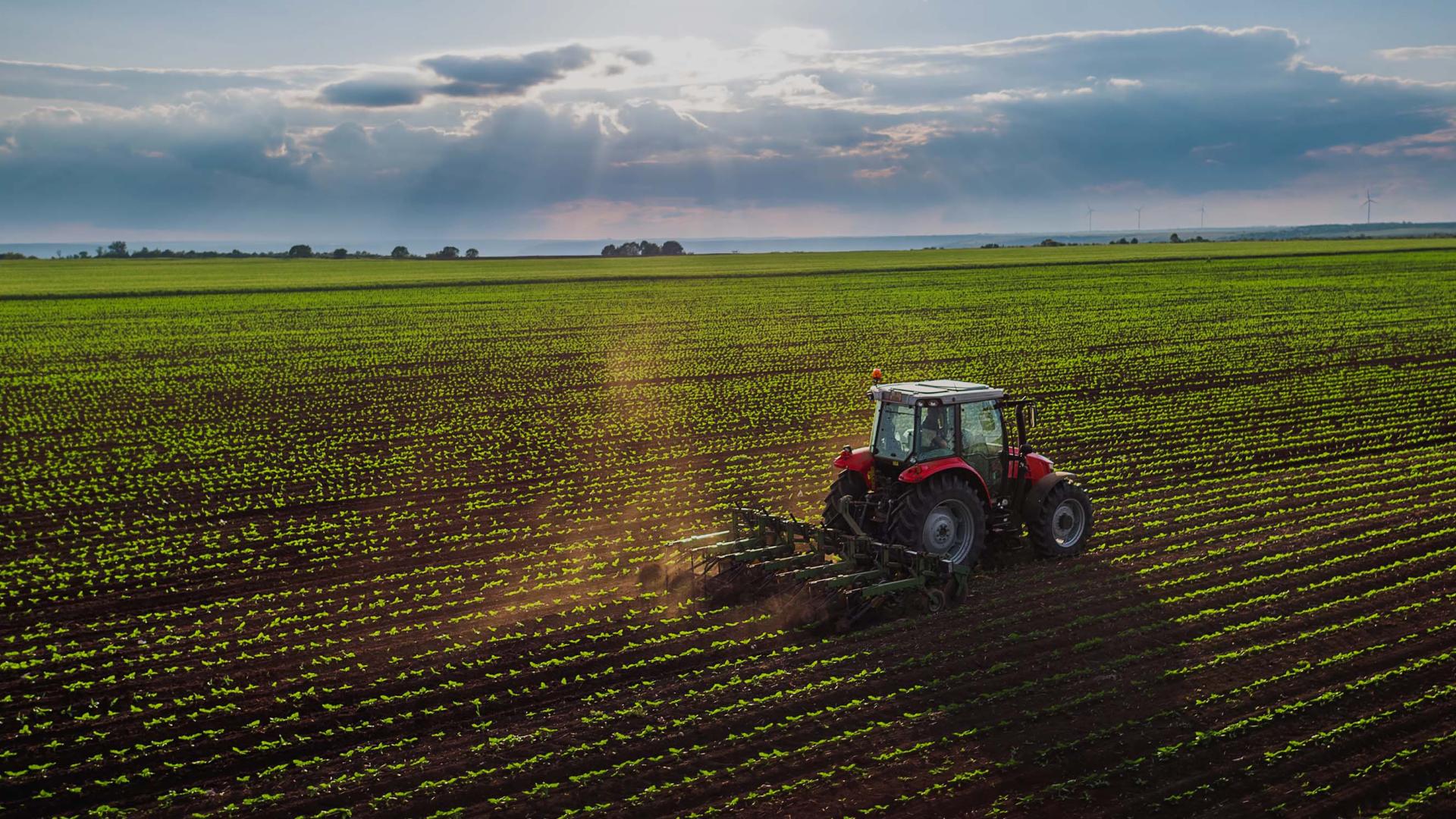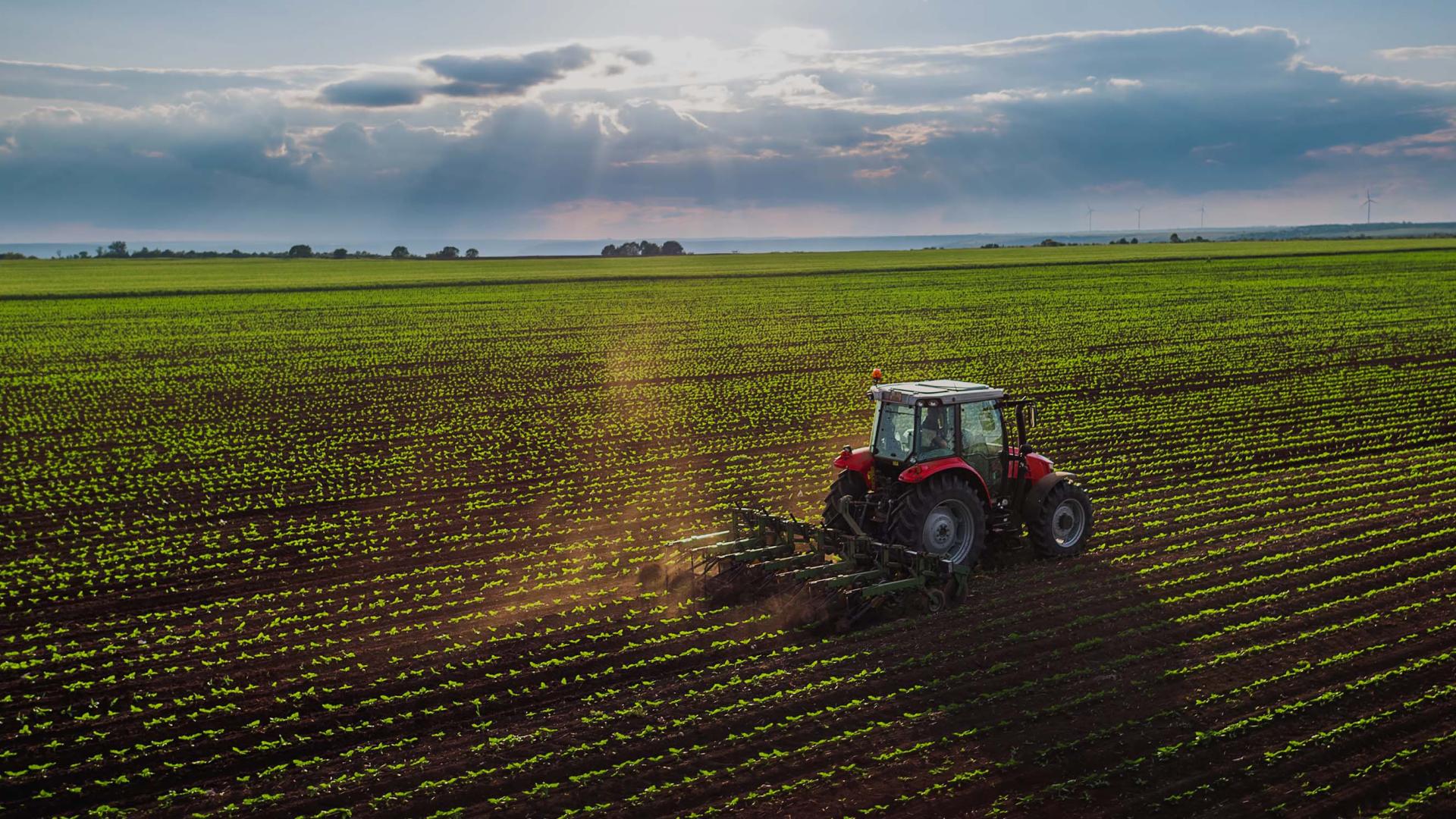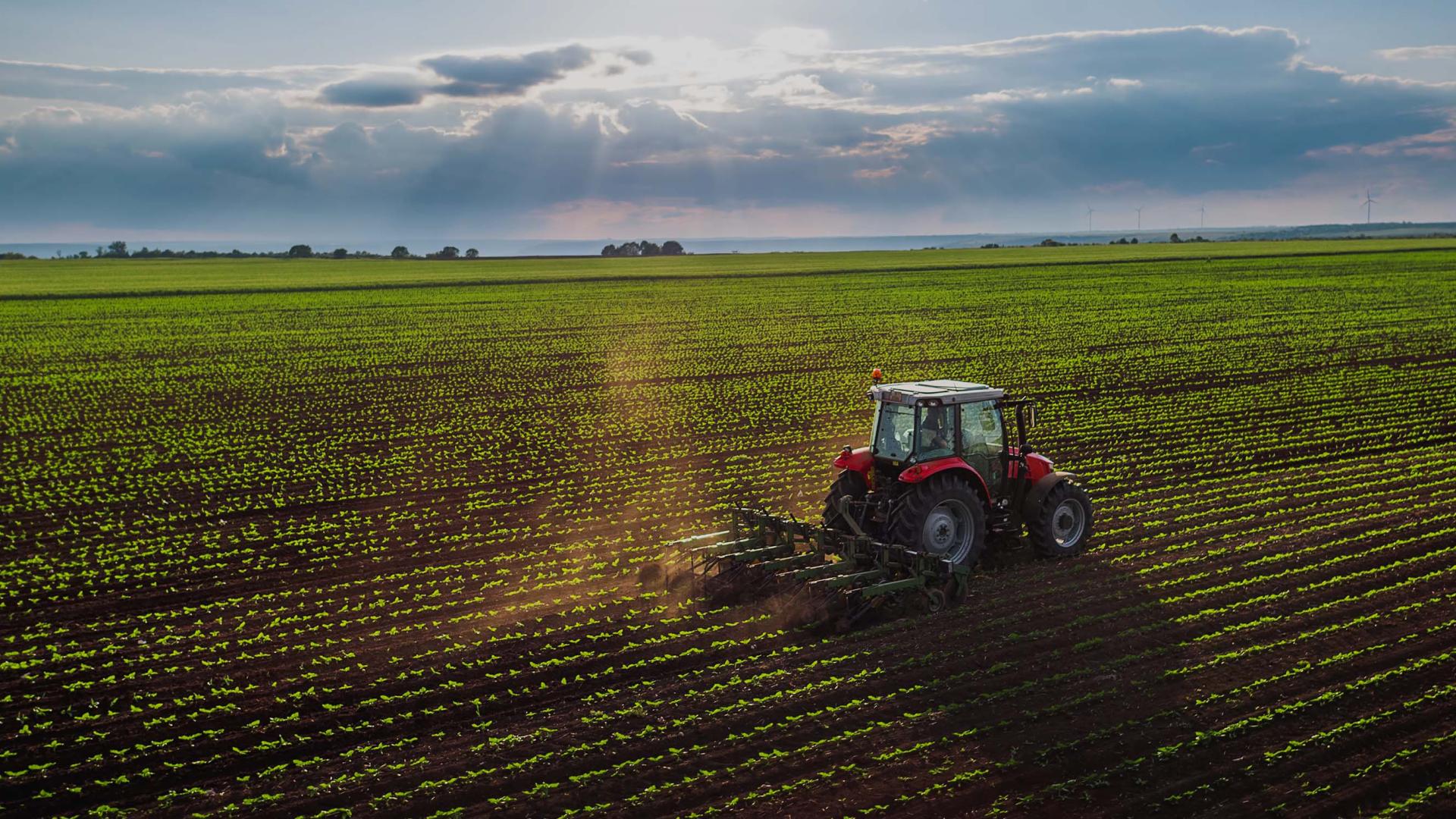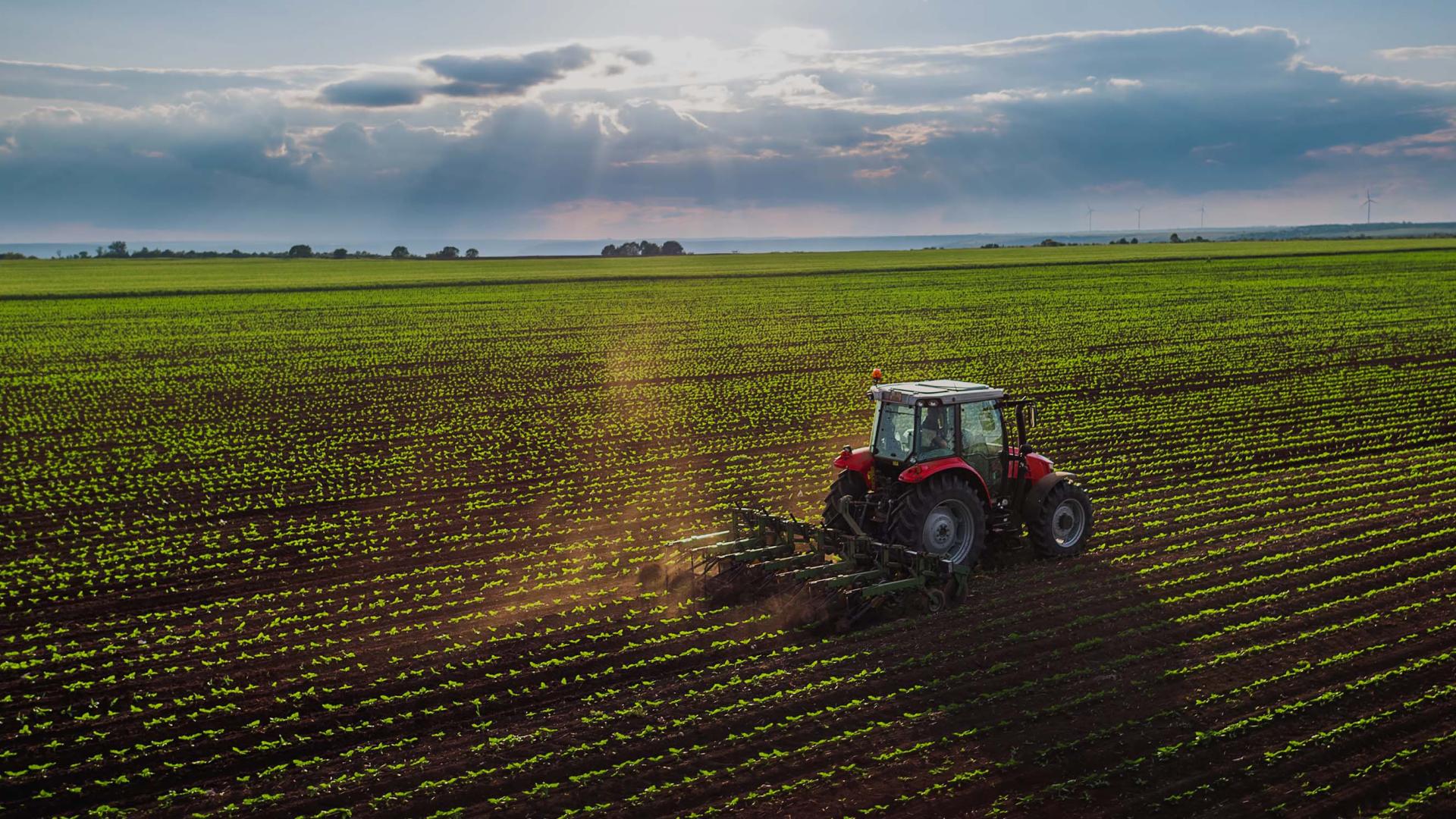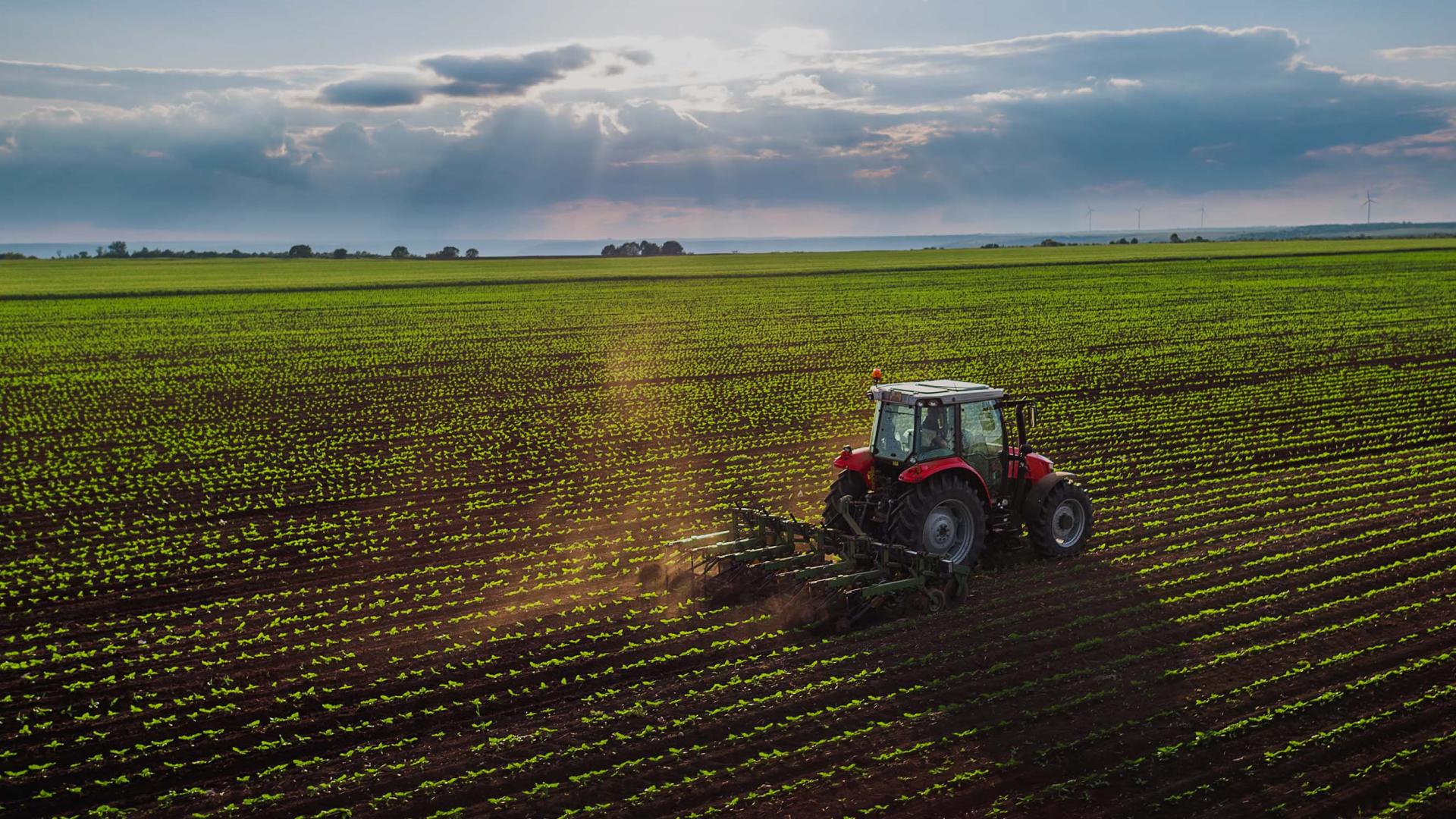Farm shops represent a unique blend of agricultural production and retail commerce, creating distinctive insurance needs that standard bus…
Complete Farm Insurance Guide: Protecting Your Agricultural Business
Farming is one of the UK's most vital industries, feeding the nation while facing unique risks that can threaten both livelihood and legacy. From unpredictable weather patterns to livestock diseases, equipment failures to public liability claims, agricultural businesses face a complex web of potential challenges that require comprehensive insurance protection.
Farm insurance isn't just about protecting buildings and equipment – it's about safeguarding your entire agricultural operation, your family's future, and the continuation of practices that may have been passed down through generations. Whether you're running a small family farm, managing a large commercial agricultural operation, or operating a specialized farming enterprise, having the right insurance coverage is essential for long-term success and peace of mind.
Understanding Farm Insurance
Farm insurance is a specialized form of commercial insurance designed specifically for agricultural businesses. Unlike standard commercial insurance, farm insurance recognizes the unique risks, seasonal variations, and operational complexities inherent in agricultural work. It typically combines multiple types of coverage into a comprehensive package that can be tailored to your specific farming activities.
The agricultural sector faces risks that most other businesses never encounter. Weather-related crop damage, livestock mortality, contamination issues, and the seasonal nature of farming income all require specialized insurance approaches. Farm insurance policies are designed to understand these unique challenges and provide appropriate protection.
Types of Farm Insurance Coverage
Buildings and Property Insurance
This covers your farm buildings, including farmhouses, barns, storage facilities, and other structures. Coverage typically includes protection against fire, storm damage, theft, and vandalism. Given that farm buildings often house expensive equipment and valuable livestock, adequate buildings insurance is crucial.
Livestock Insurance
Protects against the death or injury of your animals due to accident, disease, or other covered perils. This can include cattle, sheep, pigs, poultry, and other farm animals. Livestock insurance can be particularly important for high-value breeding stock or prize animals.
Crop Insurance
Covers growing crops against weather damage, disease, pest infestation, and other risks that could result in yield loss or quality reduction. This type of coverage is essential for arable farmers whose income depends entirely on successful harvests.
Farm Equipment and Machinery Insurance
Protects tractors, combines, ploughs, and other agricultural equipment against theft, damage, and breakdown. Given the high value of modern farm machinery, this coverage is essential for most agricultural operations.
Public Liability Insurance
Covers claims from third parties who may be injured on your property or suffer damage due to your farming activities. This is particularly important for farms that allow public access or operate farm shops and visitor attractions.
Employers Liability Insurance
Legally required if you employ staff, this covers claims from employees who are injured or become ill due to their work on your farm. Agriculture has higher accident rates than many industries, making this coverage particularly important.
Product Liability Insurance
Protects against claims arising from products you sell, whether that's milk, eggs, meat, vegetables, or processed farm products. This coverage is essential if you sell directly to consumers or supply to retailers.
Business Interruption Insurance
Covers loss of income if your farming operations are disrupted by covered events such as fire, disease outbreaks, or other insured perils. This can help maintain cash flow during difficult periods.
Key Risks in Agriculture
Weather-Related Risks
UK farming faces increasing weather volatility, from flooding and storms to drought and extreme temperatures. Climate change is making weather patterns more unpredictable, increasing the importance of comprehensive weather-related coverage.
Disease and Contamination
Livestock diseases like foot and mouth, avian flu, or bovine tuberculosis can devastate farming operations. Crop diseases and contamination issues can also result in significant losses and potential liability claims.
Equipment and Machinery Risks
Modern farming relies heavily on expensive machinery. Equipment breakdown during critical periods like harvest can result in substantial losses beyond just the cost of repairs.
Theft and Crime
Rural crime, including theft of equipment, livestock, and fuel, is an increasing concern for farmers. Remote locations can make farms attractive targets for criminals.
Environmental Risks
Pollution incidents, whether from fuel spills, slurry leaks, or pesticide contamination, can result in significant cleanup costs and liability claims.
Market and Price Volatility
While not typically covered by insurance, price volatility can affect a farm's ability to pay insurance premiums and maintain adequate coverage levels.
Choosing the Right Farm Insurance
Assess Your Specific Risks
Different types of farming operations face different risks. A dairy farm has different insurance needs than an arable operation or a sheep farm. Consider your specific activities, location, and risk exposure when selecting coverage.
Consider Seasonal Variations
Farming income and risks vary seasonally. Ensure your insurance coverage accounts for these variations and provides adequate protection during peak risk periods.
Evaluate Coverage Limits
Ensure your coverage limits are adequate for your operation's size and value. Underinsurance can leave you vulnerable to significant losses, while overinsurance wastes premium dollars.
Review Policy Exclusions
Understand what's not covered by your policy. Common exclusions might include certain weather events, specific diseases, or particular types of equipment.
Consider Additional Covers
Depending on your operation, you might need additional specialized coverage such as pollution liability, cyber insurance for modern farm management systems, or coverage for agritourism activities.
The Claims Process
Immediate Response
In the event of a loss, contact your insurer immediately. Many policies require prompt notification of claims, and delays can affect coverage.
Documentation
Maintain detailed records of your farming operations, including livestock records, equipment inventories, and financial records. This documentation is crucial for claims processing.
Professional Assessment
For significant claims, insurers will typically send specialist agricultural assessors who understand farming operations and can accurately evaluate losses.
Business Continuity
Work with your insurer to minimize business disruption during the claims process. Many policies include provisions for emergency repairs or temporary measures to maintain operations.
Cost Factors and Premium Considerations
Farm Size and Type
Larger operations typically pay higher premiums but may benefit from economies of scale. The type of farming operation significantly affects premium calculations.
Location and Risk Factors
Farms in high-risk areas for flooding, theft, or other perils typically face higher premiums. Security measures and risk management practices can help reduce costs.
Claims History
Your claims history affects premium calculations. Farms with good safety records and few claims typically enjoy lower premiums.
Risk Management Measures
Implementing good risk management practices, such as proper storage of chemicals, regular equipment maintenance, and good security measures, can help reduce premiums.
Deductibles and Coverage Limits
Higher deductibles typically result in lower premiums, but ensure you can afford the deductible amount if a claim occurs.
Working with Agricultural Insurance Specialists
Industry Expertise
Choose insurers and brokers who specialize in agricultural insurance and understand the unique challenges facing farmers. Generic commercial insurance may not provide adequate protection for farming operations.
Local Knowledge
Insurers with local knowledge understand regional risks, weather patterns, and farming practices, which can result in more appropriate coverage and competitive pricing.
Claims Experience
Consider the insurer's track record in handling agricultural claims. Quick, fair claims settlement is crucial for maintaining farm operations after a loss.
Risk Management Support
Many agricultural insurers provide risk management resources and support to help farmers reduce their exposure to losses.
Legal and Regulatory Considerations
Statutory Requirements
Ensure your insurance meets all legal requirements, including employers liability insurance if you have employees and any industry-specific regulations.
Environmental Regulations
Understand how environmental regulations affect your insurance needs, particularly regarding pollution liability and waste management.
Health and Safety Compliance
Maintaining good health and safety practices not only protects your workers but can also help reduce insurance costs and improve coverage terms.
Planning for the Future
Regular Reviews
Review your insurance coverage annually or whenever you make significant changes to your operation. Farming businesses evolve, and insurance coverage should evolve with them.
Succession Planning
Consider how insurance fits into your farm succession planning. Adequate life insurance and business protection can help ensure the farm continues to operate if something happens to key individuals.
Technology and Modern Farming
As farming becomes more technology-dependent, consider how cyber insurance and coverage for high-tech equipment fits into your overall insurance strategy.
Conclusion
Farm insurance is not just a business expense – it's an investment in your agricultural operation's future. The right insurance coverage provides the foundation for taking calculated risks, investing in growth, and building a sustainable farming business that can weather the inevitable challenges that come with agricultural life.
Working with experienced agricultural insurance specialists ensures you get coverage that truly understands and protects against the unique risks facing your farming operation. Don't leave your livelihood, your family's security, and your farming legacy to chance – invest in comprehensive farm insurance protection that gives you the confidence to focus on what you do best: feeding the nation and building a successful agricultural business.
Remember, the cheapest insurance isn't always the best value. Focus on finding coverage that provides comprehensive protection at a fair price, backed by insurers who understand agriculture and stand behind their commitments when you need them most.
Get Expert Farm Insurance Advice
For specialist farm insurance advice tailored to your agricultural operation, contact Insure24 today. Our experienced team understands the unique challenges facing UK farmers and can help you find comprehensive coverage that protects your business, your family, and your future.
Call us on 0330 127 2333 or visit www.insure24.co.uk for a quote.


 0330 127 2333
0330 127 2333
